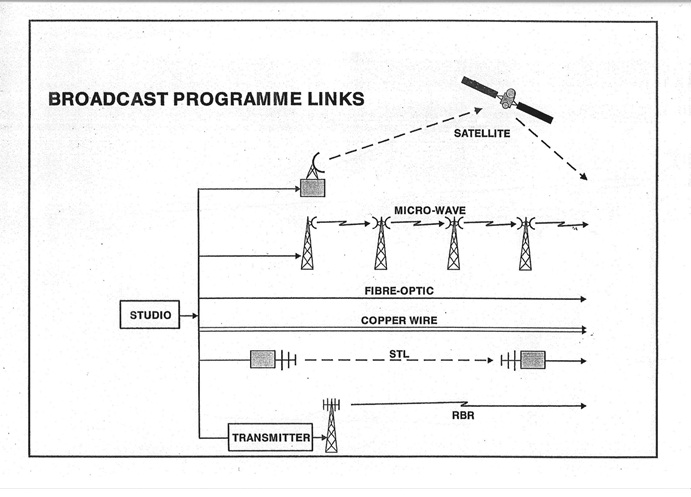“The allegations made against the respondents betray a misunderstanding by the petitioners of the process of digital broadcasting transmission. The petitioners, who are content providers, hence intellectual property holders, only deal with signal distributors on a contractual basis. The content is transmitted digitally as it is delivered without interference from the signal distributor.” – Majanja J. at para 132.
In the recent case of Royal Media Services Ltd & 2 others v Attorney General & 8 others [2013], Justice Majanja sitting in the High Court dismissed a petition filed by the three largest television broadcasters in the country seeking to stop the migration of terrestrial television broadcasting from analogue to digital platform.
In its prayers to the court, the petitioners sought, inter alia, an order of permanent injunction restraining several digital broadcasters from broadcasting, distributing or in any way interfering with the Petitioners’ programs, broadcasts, copyrighted material and productions or in any way infringing the Petitioners’ intellectual property rights [see para 7]. Therefore one of the issues for determination in this case was whether these digital broadcasters have breached and or violated the petitioners’ intellectual property rights [see para 8].
At para 61, a representative of the digital broadcasters [i.e. GoTV Kenya Ltd.] denied that it violated the petitioners’ right to intellectual property protection. It submitted that the petitioners’ broadcasting content was always been transmitted on a mutual agreement and that there was nothing to show active interception without consent and that the petitioners’ claims are not bona fide.
In light of the above, the court in para 135 dismissed as frivolous the petitioners’ allegations against digital broadcasters for IP rights infringement.
Comment:
Although the learned judge rightly throws out the allegation of IP infringement, an important ratio decidendi in constitutional IP law is reaffirmed. According to para 134, it is clear that despite the inclusion of IP rights under Article 40(5), these rights are still considered as ordinary rights as opposed to fundamental rights and freedoms. The court therefore holds that only in the case of violation of fundamental rights and freedoms warrant a constitutional petition in the High Court. Therefore where IP rights violations occur, the affected person must rely on the specific legal regime established by law to address the area of IP concerned.
In this connection, the learned judge favourably cites the case of Sanitam Services (EA) Ltd v Tamia Ltd and Others Nairobi Petition No. 305 of 2012 [2012]eKLR where the court noted as follows:
“[A]ny breach of the intellectual property rights against the respondents can be enforced through the legal mechanisms provided by statute or common law, where applicable, hence it is unnecessary to invoke the provisions of Article 22 to enforce what are ordinary rights.”
